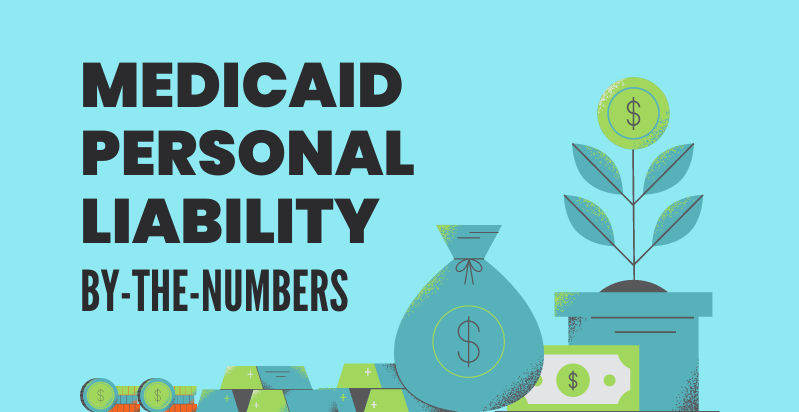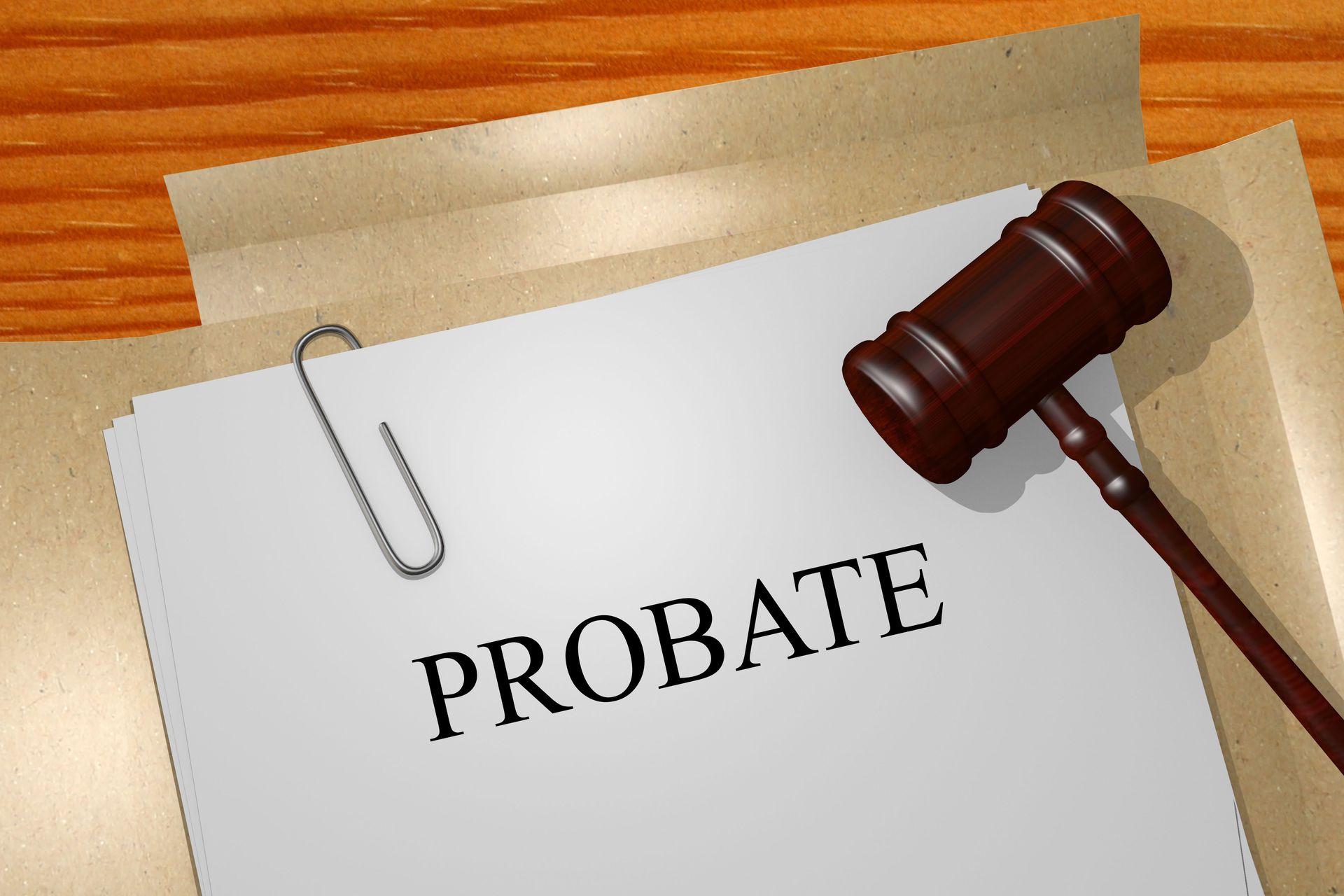Estate planning for women: a self-investment that pays off
How far have women come since the “You’ve Come A Long Way, Baby” advertising slogan for Virginia Slims cigarettes portrayed them as ‘sheros’?
According to Stanford University , the 1968 advertisement was aimed at illustrating “strong, independent, liberated women,” whose fight for progress was analogous to having super powers.
Since the late 60’s women have continued to advocate for economic empowerment such as equal pay for the same job title, as well as equal access to the same educational and job opportunities as men.
When it comes to family life, women more often than men do most of the child-rearing and take on caregiving for parents when those needs arise. As a result, women sometimes miss out on earning opportunities, simply because multi-tasking is demanding.
Women on average outlive men by approximately 5-6 years according to CDC’s National Center for Health Statistics Data Brief No. 427 December 2021 and regardless of whether they’re a homemaker, entrepreneur, or high-earning professional, women should seek to protect themselves through estate planning. Having an individualized estate plan is a proactive measure that legally declares who will take care of and provide for your minor children and describes in detail how your assets are to be distributed. This allows your wealth to pass from generation to generation.
The legal documents women should include in her estate plan include:
- Wills and Trusts make up the main component of an estate plan, and you don’t have to be rich to have a Trust! Wills, drafted according to state laws, declare specific, individual wishes. A will is not enough to keep your assets out of probate court, which is a costly process that distributes assets to creditors first then heirs second and can typically take up to one year to complete. An Asset Protection Trust or a Living Trust , can be structured to account for every particular circumstance. Trusts can be set up to distribute assets over time and accounts for property and land transfers without going through probate.
- A Letter of Intent lets your executor or beneficiary know how to distribute your assets after you pass or become incapacitated. Additional details such as funeral or cremation requests can be included.
- Health Care Advanced Directive for Health Care Power of Attorney (HCPOA) designates an individual to make important healthcare decisions on your behalf in the event of incapacity. Without a Health Care Directive, a court could assign a guardian who might not know what your desired intentions are.
- Guardianship Designations should be included for all minor children. This ensures your choice of who will raise and provide for your children is granted, and without these designations, the court could determine the outcome.
- Durable Power of Attorney (POA) is a person you assign to act on your behalf if you cannot do so yourself. This person can conduct real estate and financial transactions. Without a power of attorney, the court determines what to do with your assets if you are incompetent and the court’s determination might not be what you intended.
Women can determine many positive outcomes for themselves and for those they love. Taking that first step to schedule your complimentary legal analysis will put you on the right track for personal success.
Nelson Elder Care Law is an award-winning law firm with offices conveniently located in Woodstock and Marietta, Georgia. We have helped thousands of families make these important decisions. Our team is here to help you walk through your decision-making process every step of the way. Contact us to schedule your complimentary review.


Marietta, GA
Main Phone: (678) 250-9355
Woodstock, GA
2230 Towne Lake Pkwy
Building 1200, Suite 120
Woodstock, GA 30189
Main Phone: (678) 250-9355
BUSINESS HOURS
Monday to Friday
8:30am - 12:00pm
Closed for lunch
1:00pm - 4:30pm
Closed Saturday, Sunday
GET OUR NEWSLETTER
We believe that smart decisions begin with accurate information. Sign up for our monthly newsletter and get advice on how to secure your financial legacy.
Elder Care and Estate Planning Tips, Advice & Resources. Sign up now.
Get Our Newsletter Form
We will get back to you as soon as possible.
Please try again later.













